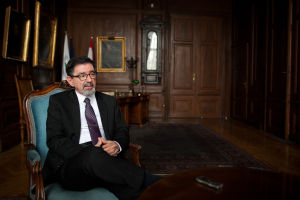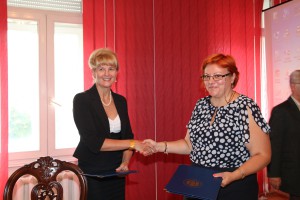“The PhD programme is one of the most precious areas of Semmelweis University’s educational activities, therefore every change has to be made with thorough consideration”, said Dr. József Tímár, the newly elected president of Semmelweis University’s Doctoral Council.
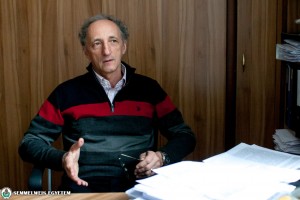 Upon his election as president, the legislation was modified that extended the duration of the fellowship programme but imposed tighter regulations at the same time. He considers it his priority role to include the legislative changes in the programme’s schedule and its regular operation.
Upon his election as president, the legislation was modified that extended the duration of the fellowship programme but imposed tighter regulations at the same time. He considers it his priority role to include the legislative changes in the programme’s schedule and its regular operation.
“The School of PhD Studies at Semmelweis University is one of the best in Hungary and 60-70 percent of the students earn a degree, which is outstanding not only in itself but on a national scale as well. Nonetheless, we keep trying to increase the number of students successfully completing the programme.”, said the new president of the Doctoral Council.
The present figures can be explained by two factors. On the one hand, previous deadlines for the submission of dissertations were very tight, only students who had previously been involved in research as members of the Students’ Scientific Council managed to finish on time. The former structure of the programme allowed the best undergraduate students of the Students’ Scientific Council to start their doctoral studies before earning a degree. On the other hand, university teachers and doctors, the so-called individual students, tend to prolong the course of their studies, as they have to find the balance between their studies and their career.
The legislation regarding doctoral programmes was amended at the end of last year and the new regulations are to be applied in case of students starting the programme in September 2016.
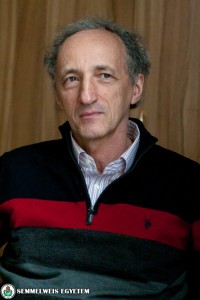 “The most important changes apply to the length of the study period financed by the state; this fellowship period will be changed from 3 years to 4 years and students will undergo an inspection at the end of the second year to ensure that deadlines are met. The School of PhD Studies bears a great responsibility for developing an examination system that is able to effectively filter those candidates who are likely to successfully earn a degree.”, said Dr. József Tímár.
“The most important changes apply to the length of the study period financed by the state; this fellowship period will be changed from 3 years to 4 years and students will undergo an inspection at the end of the second year to ensure that deadlines are met. The School of PhD Studies bears a great responsibility for developing an examination system that is able to effectively filter those candidates who are likely to successfully earn a degree.”, said Dr. József Tímár.
According to the amendment, the amount of financial aid in case of the fellowship programme is going to be increased by 50 percent; however it will only apply to new students starting the programme in September. Compensating the differences between the scholarship of present students and that of future students is yet another challenge the School of PhD Studies has to overcome.
The application of the impact factor will change as well, thus a new system of criteria and measurement needs to be created to evaluate the dissertations.
Dr. József Tímár, who became president after Dr. Károly Rácz, was asked to be the co-president of the Hungarian Doctoral Council and hopes to succeed in giving answers to some of these questions and to incorporate the new legislation in the regular operation of the Doctoral School.
The new president considers the procedure “tabula rasa” very important within the university.
“This procedure will investigate those students whose study period has been exceedingly prolonged. On the other hand, those who are very likely to conclude their studies will have to be aided to finish the process. This procedure could involve more than a hundred doctoral students.”, Dr. Tímár said.
He also sees a high potential in extending the PhD programme to the areas of health and social sciences.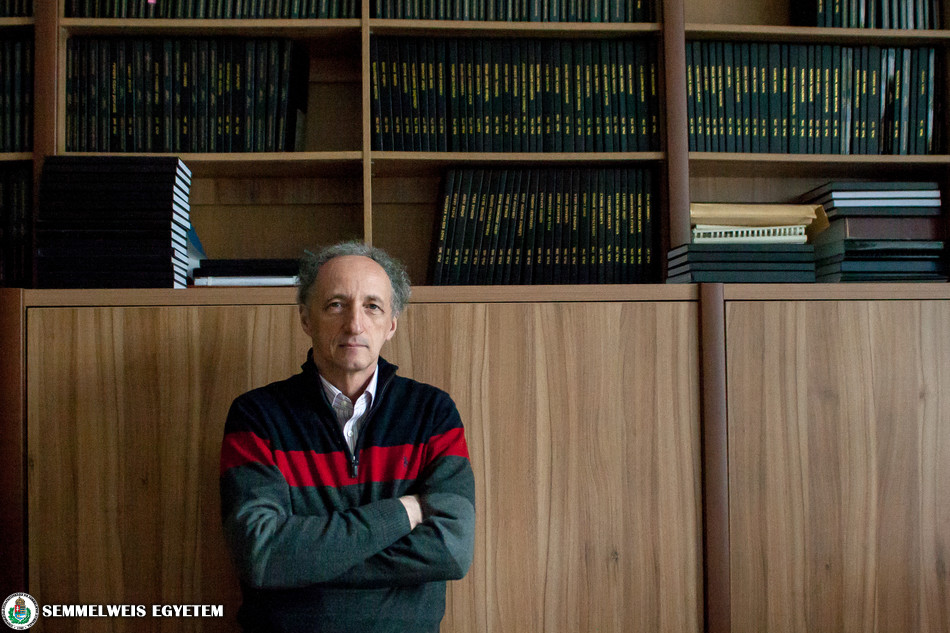
Dr. József Tímár, Director of the 2nd Department of Pathology was among the founders of Semmelweis University’s Doctoral School of Pathology in 1993 and has been the vice-president of the School of PhD Studies since 2009.
“The university’s doctoral schools do not offer easy access to the PhD degree, but in return they provides candidates with an internationally acknowledged and competitive qualification. We warmly welcome those who are willing to face challenges and work hard. Those who cannot be deterred by such difficulties will have access to the magnificent universe of science and will have the opportunity to realise their dreams.”, he said.
Dr. József Tímár considers it his main responsibility to maintain high quality education at the School of PhD Studies and to be a rightful heir to his predecessors, Dr. Péter Sótonyi, Dr. László Kopper, Dr. Ágoston Szél, Dr. Károly Rácz.
Currently there are 44 PhD programmes running in seven doctoral schools of the university with 175 supervisors and more than 400 PhD students. Between 90 and 110 PhD degrees are earned yearly and more than 1800 doctoral dissertations have been written at Semmelweis University’s School of PhD Studies since1993.
Pálma Dobozi
Photo: Attila Kovács, Semmelweis University
Translated by: Ágnes Raubinek

